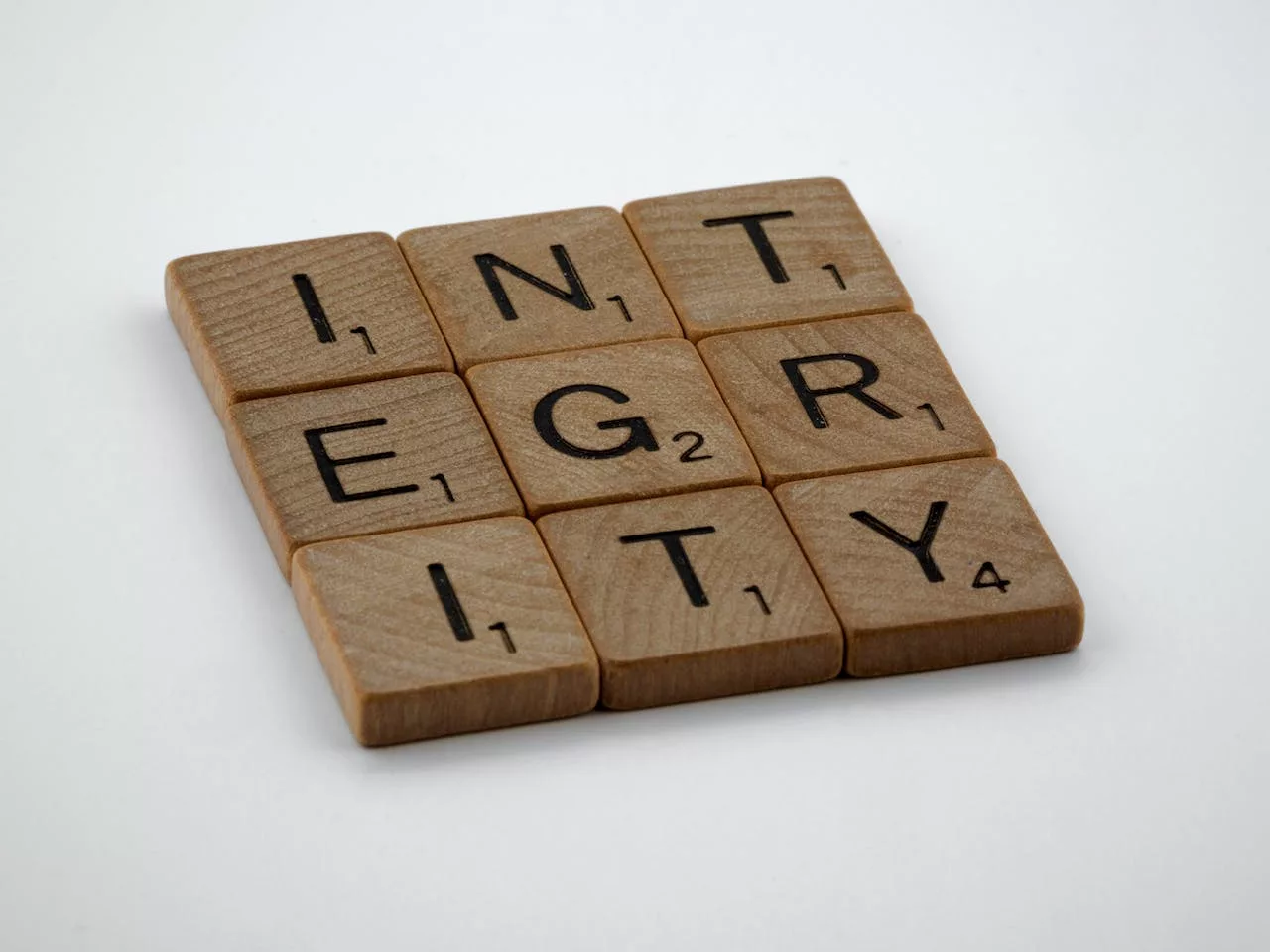The Importance of Listening Skills in Personal and Professional Growth
In a world brimming with constant communication and engagement, the ability to listen effectively is more crucial than ever. While speaking and conveying thoughts are often highlighted, listening is the silent hero that underpins successful interactions. Listening skills are essential for personal relationships, workplace efficiency, and overall growth. In this blog post, we will delve into why listening skills are vital for both personal and professional development, and how you can enhance these skills to foster better relationships and career opportunities.
Why Listening Skills Matter
Effective listening is not just about hearing words; it involves understanding, interpreting, and responding to what is being communicated. Whether you are interacting with family, friends, or colleagues, good listening skills lead to stronger connections and mutual respect. Learn more about the importance of listening skills to deepen your understanding.
Building Stronger Personal Relationships
In personal relationships, listening is the bedrock of empathy and trust. When you genuinely listen to someone, you show that you value their thoughts and feelings. This can deepen your connections and strengthen your bonds. According to a study by the University of Minnesota, active listening can significantly improve the quality of relationships by fostering an environment of understanding and respect.
Enhancing Professional Growth
In the professional realm, listening skills are indispensable. Effective listening can enhance teamwork, reduce misunderstandings, and improve problem-solving abilities. For instance, managers who listen to their teams are better equipped to address concerns and implement solutions that boost productivity and morale. According to a report by the International Listening Association, businesses that prioritize listening can see up to a 40% increase in employee engagement and retention.
How to Improve Your Listening Skills
Improving your listening skills is a continuous process that involves conscious effort and practice. Here are some practical strategies to help you become a better listener:
Practice Active Listening
Active listening involves fully concentrating, understanding, responding, and then remembering what is being said. It requires you to be present in the moment and give your undivided attention to the speaker. Techniques such as nodding, maintaining eye contact, and providing feedback can demonstrate that you are engaged and interested.
Avoid Interruptions
Interruptions can disrupt the flow of conversation and make the speaker feel undervalued. Practice patience and wait for the speaker to finish their thoughts before responding. This not only shows respect but also allows you to fully grasp the message being conveyed.
Ask Open-Ended Questions
Engaging in meaningful dialogue involves asking questions that encourage elaboration. Open-ended questions such as “Can you tell me more about that?” or “How did that make you feel?” prompt the speaker to share more details and insights, fostering a deeper understanding.
Reflect and Summarize
Reflecting on what has been said and summarizing key points can help reinforce your understanding and show the speaker that you are actively listening. Phrases like “So what you’re saying is…” or “It sounds like you are feeling…” can validate the speaker’s message and ensure clarity.
Conclusion: The Power of Listening
Listening is an invaluable skill that can profoundly impact both personal and professional growth. By honing your listening skills, you can build stronger relationships, enhance workplace efficiency, and foster an environment of mutual respect and understanding. Remember, effective listening is not just about hearing words; it is about connecting, empathizing, and responding thoughtfully. Start practicing these techniques today and witness the transformative power of listening in your life.

